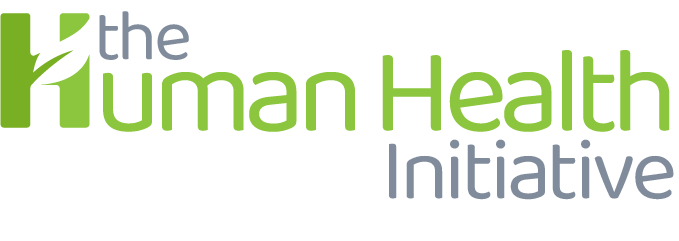What is Low-T?
Low testosterone, commonly known as Low-T, occurs when levels of the testosterone hormone fall below the range considered normal by medical standards. Mainly buzzing through men’s bodies, testosterone has its fingers in many pies – it keeps an eye on sexual health, beefs up muscles, and makes sure bones stay tough. When lower testosterone levels start creeping in and suddenly, it’s not just about losing some brawn. Your emotions are on a rollercoaster too.
What is Low-T?
Low testosterone, commonly known as Low-T, occurs when levels of the testosterone hormone fall below the range considered normal by medical standards. Mainly buzzing through men’s bodies, testosterone has its fingers in many pies – it keeps an eye on sexual health, beefs up muscles, and makes sure bones stay tough. When lower testosterone levels start creeping in and suddenly, it’s not just about losing some brawn. Your emotions are on a rollercoaster too.
What Causes Low-T?
Low testosterone can stem from various factors, with age being a primary contributor. Testosterone levels naturally decrease by about two percent each year, with significant declines typically occurring around middle age. On top of everything else, battling obesity, wrestling with diabetes or hormonal ups and downs might just tip you over into struggling with Low-T too. Piling on the stress, munching on unhealthy snacks, and skipping your workout can actually make things worse.
How is Low-T Diagnosed?
Diagnosing Low-T typically involves a series of blood tests to measure testosterone levels. These tests are usually conducted in the morning when testosterone levels are highest. Besides checking testosterone, we might also peek at other hormones to catch anything else that could be causing Low-T. Symptoms such as decreased libido, fatigue, and erectile dysfunction may also be considered during diagnosis.
Disease Risks for Men with Low T
Research indicates a significant correlation between low testosterone levels in men and various chronic diseases such as..
- Diabetes
- Metabolic Syndrome
- High Blood Pressure
- Heart Attack
Benefits of Treating
Low Testosterone
Treating Low-T can offer a multitude of benefits, ranging from improved sexual function to enhanced overall health and well-being. Restoring testosterone levels to within the normal range can help alleviate symptoms such as decreased libido, fatigue, and mood swings. Additionally, addressing Low-T may also lead to improvements in muscle mass, bone density, and cognitive function, ultimately enhancing quality of life.
Benefits of Treating
Low Testosterone
Treating Low-T can offer a multitude of benefits, ranging from improved sexual function to enhanced overall health and well-being. Restoring testosterone levels to within the normal range can help alleviate symptoms such as decreased libido, fatigue, and mood swings. Additionally, addressing Low-T may also lead to improvements in muscle mass, bone density, and cognitive function, ultimately enhancing quality of life.
Treatment Options for Low Testosterone
Men suffering from low testosterone may pursue several treatment options to restore levels and reduce or eliminate symptoms. Testosterone therapy is available in:
- Creams
- Gels
- Injections
- Pellets
Each delivery method has its pros and cons and should be supported by a treatment plan under the care of a practitioner highly trained and educated in hormone health and balance.

Pellet Therapy – Our Preferred Treatment Method
At The Human Health Initiative, pellets stand out as the preferred method for delivering testosterone replacement therapy. Their ease of administration, hassle-free dosing, and lower risk of side effects make them a preferred choice for many seeking testosterone treatment.
Get the Most From Your Testosterone Therapy
Proper Nutrition
Proper nutrition enhances the effectiveness of testosterone therapy by ensuring the body has the necessary building blocks to utilize the hormone optimally, contributing to better overall health outcomes.
Exercise
Physical activity promotes better health, and resistance training or weight-bearing exercises are particularly effective at boosting testosterone levels. For the best results, experts recommend an afternoon workout session.
Get the Most From Your Testosterone Therapy
Proper Nutrition
Proper nutrition enhances the effectiveness of testosterone therapy by ensuring the body has the necessary building blocks to utilize the hormone optimally, contributing to better overall health outcomes.
Exercise
Physical activity promotes better health, and resistance training or weight-bearing exercises are particularly effective at boosting testosterone levels. For the best results, experts recommend an afternoon workout session.
